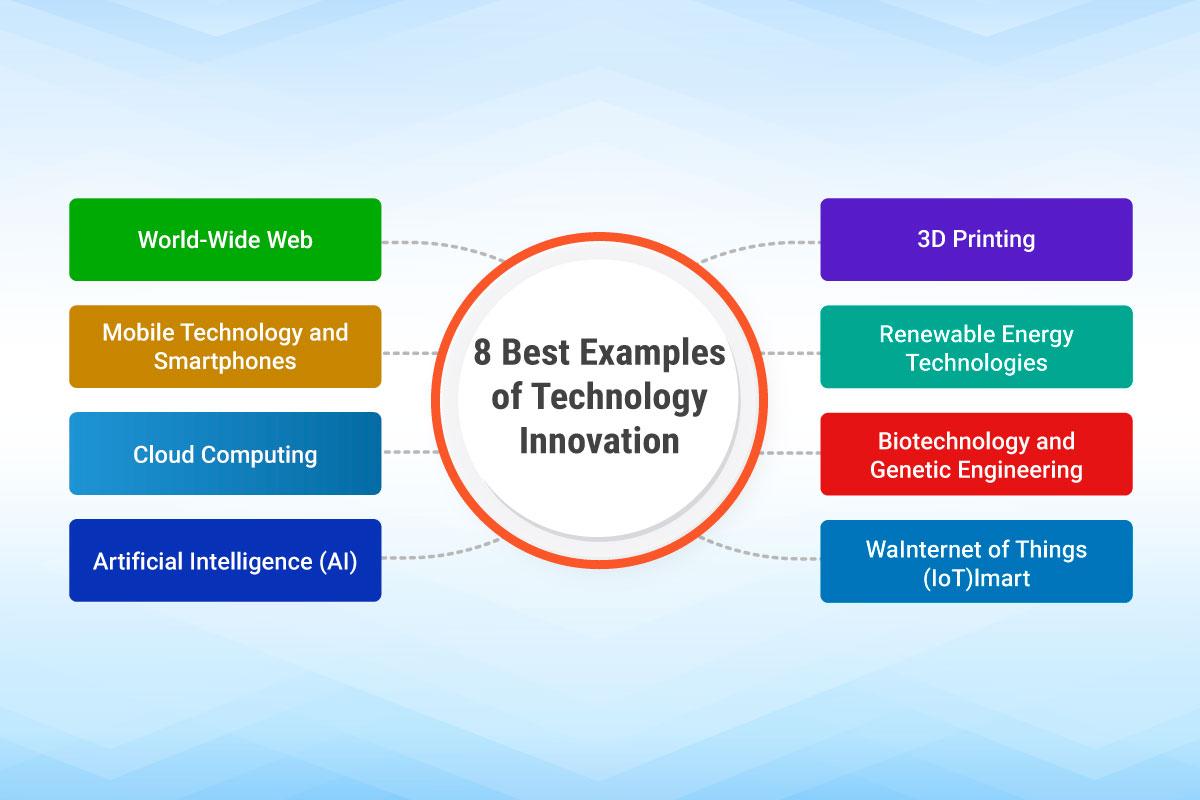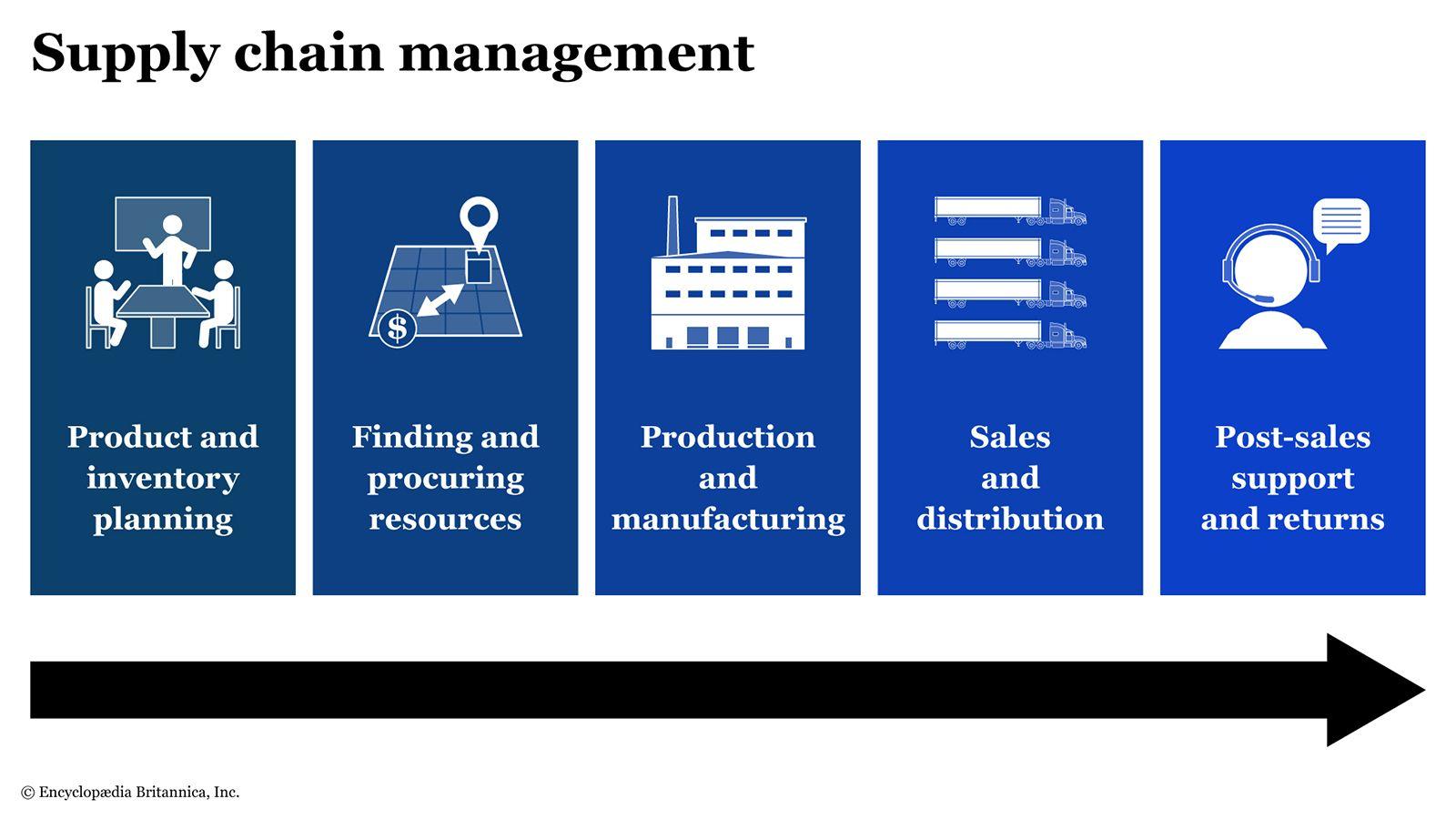In the dynamic world of commerce, the seamless movement of goods from A to B is the lifeblood of economic success. From warehouse to port, and everywhere in between, the efficient coordination of logistics, transport, and shipping is essential for businesses to stay competitive in today’s global marketplace. In this article, we explore the art and science of expediting these critical operations to ensure timely delivery and customer satisfaction. Join us as we delve into the exciting world of expediting logistics, transport, and shipping.
Efficient Ways to Streamline Logistics Processes
When it comes to expediting logistics, transport, and shipping processes, efficiency is key. One way to streamline these operations is by implementing advanced technology solutions. Utilizing transportation management systems (TMS) can help in optimizing routes, reducing transportation costs, and enhancing overall visibility. Integrating warehouse management systems (WMS) can also improve inventory management, order fulfillment, and accuracy.
Another efficient way to streamline logistics processes is by fostering collaboration and communication among all parties involved. Establishing strong partnerships with carriers, suppliers, and third-party logistics providers can lead to smoother operations and better coordination. Additionally, implementing lean principles, such as reducing waste and eliminating unnecessary steps, can help in improving the overall efficiency of logistics processes.

Innovative Technologies Revolutionizing Transport Industry
Advancements in technology are rapidly transforming the way goods are transported around the world. From self-driving trucks to drone delivery services, the transport industry is embracing innovative technologies that are revolutionizing logistics and shipping processes. These advancements not only improve efficiency and reduce costs but also have the potential to minimize environmental impact by optimizing routes and reducing fuel consumption.
One of the most exciting developments in the transport industry is the use of blockchain technology to streamline supply chain management. By utilizing blockchain, companies can securely track and verify the movement of goods from manufacturer to consumer, ensuring transparency and accountability throughout the process. Additionally, the integration of AI and machine learning in transportation systems is enabling predictive maintenance and real-time monitoring, allowing companies to proactively address issues before they escalate. With these groundbreaking technologies at the forefront of the industry, the future of logistics, transport, and shipping is poised for rapid evolution.

Improving Supply Chain Visibility for Seamless Shipping Operations
In today’s fast-paced world, businesses are constantly seeking ways to improve their supply chain visibility to ensure seamless shipping operations. By implementing cutting-edge technologies and data analytics tools, companies can track their products in real-time, optimize routes, and streamline their logistics processes. This not only enhances efficiency but also helps in reducing costs and improving customer satisfaction.
With the rise of e-commerce and global trade, having complete visibility over the supply chain has become more crucial than ever. By leveraging advanced tracking systems, RFID technology, and cloud-based platforms, companies can monitor their shipments from production to delivery. This level of transparency enables them to promptly address any disruptions, prevent delays, and ensure that goods reach their destinations safely and on time.

Strategies for Enhancing Speed and Accuracy in Logistics Operations
When it comes to logistics operations, speed and accuracy are key factors that can make or break a business. In order to enhance efficiency in transport and shipping processes, companies can implement a variety of strategies that can streamline operations and improve overall performance.
One effective strategy is to invest in advanced technology such as automated inventory management systems and GPS tracking for real-time monitoring of shipments. By utilizing these tools, companies can reduce human error and ensure that products are delivered to the right place at the right time. Additionally, implementing lean principles and continuous improvement processes can help organizations identify bottlenecks in their supply chain and make necessary adjustments to optimize efficiency. By fostering a culture of continuous improvement and investing in cutting-edge technology, businesses can significantly enhance their speed and accuracy in logistics operations.
In Conclusion
In conclusion, the world of logistics, transport, and shipping is constantly evolving to meet the demands of our fast-paced global economy. By employing expediting techniques, businesses can streamline their operations and stay ahead of the competition. Whether it’s utilizing advanced technology, optimizing supply chains, or implementing innovative strategies, the key to success lies in adapting to the ever-changing landscape of the industry. So, next time you’re looking to expedite your logistics processes, remember to think outside the box and embrace the opportunities that come with pushing the boundaries of what’s possible. Happy shipping!
